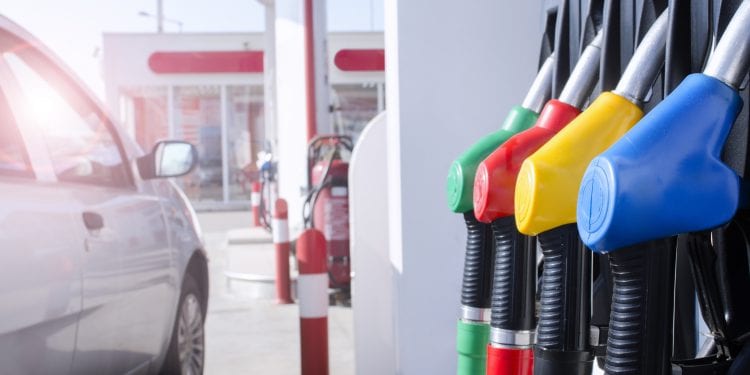In 2022, Midwest convenience store chain Kwik Trip partnered with Coinsource to begin installing automatic teller machines that dispense bitcoin. Before long, shoppers at any of their 800 locations could pocket a little crypto after gassing up their cars. This move followed similar initiatives by other middle American retailers like Circle K and Walmart to offer bitcoin to their customers.
However, recent news reveals that these ATMs are highly susceptible to fraud, especially among older Americans. A report from the U.S. Federal Trade Commission (FTC) found that Americans lost $65 million in the first half of 2024 to scams involving bitcoin ATMs. Consumers ages 60 and older were more than three times as likely as younger adults to report losses. The median loss reported across all age groups was $10,000.
Bitcoin ATMs have been around for more than a decade. They are typically located in convenience stores, gas stations, and other busy areas. But instead of dispensing cash like traditional ATMs, they allow consumers to buy and sell cryptocurrency.
The crimes exploit the fact that cryptocurrency is hard to trace and even harder to recover once it falls into the hands of scammers. In a typical theft, someone impersonating a government agent or other type of authority figure creates an urgent scenario designed to persuade victims to withdraw cash from their bank accounts.
Depositing the cash into a bitcoin ATM is supposed to fix the problem. Bitcoin is purported tp ne a secure way to protect the money, so much so that criminals refer to the machines as “safety lockers.”
The victim is instructed to deposit a sizable amount of cash at a specific ATM location. The criminal then texts a QR code that the victim can scan at the machine. Once the code is scanned, the cash goes straight into the criminal’s wallet.
Protecting Yourself
The FTC’s recommendations on protecting yourself from these scams rely on tried-and-true methods. The organization emphasizes that cash should never be withdrawn in response to an unexpected call or message. Legitimate authorities would never make such a request.
While bitcoin adds a modern twist to these scams, the FTC warns consumers not to trust anyone who claims they need a bitcoin ATM to transfer money. Legitimate businesses and government agencies will never ask for this, so anyone who does is almost certainly a criminal.










